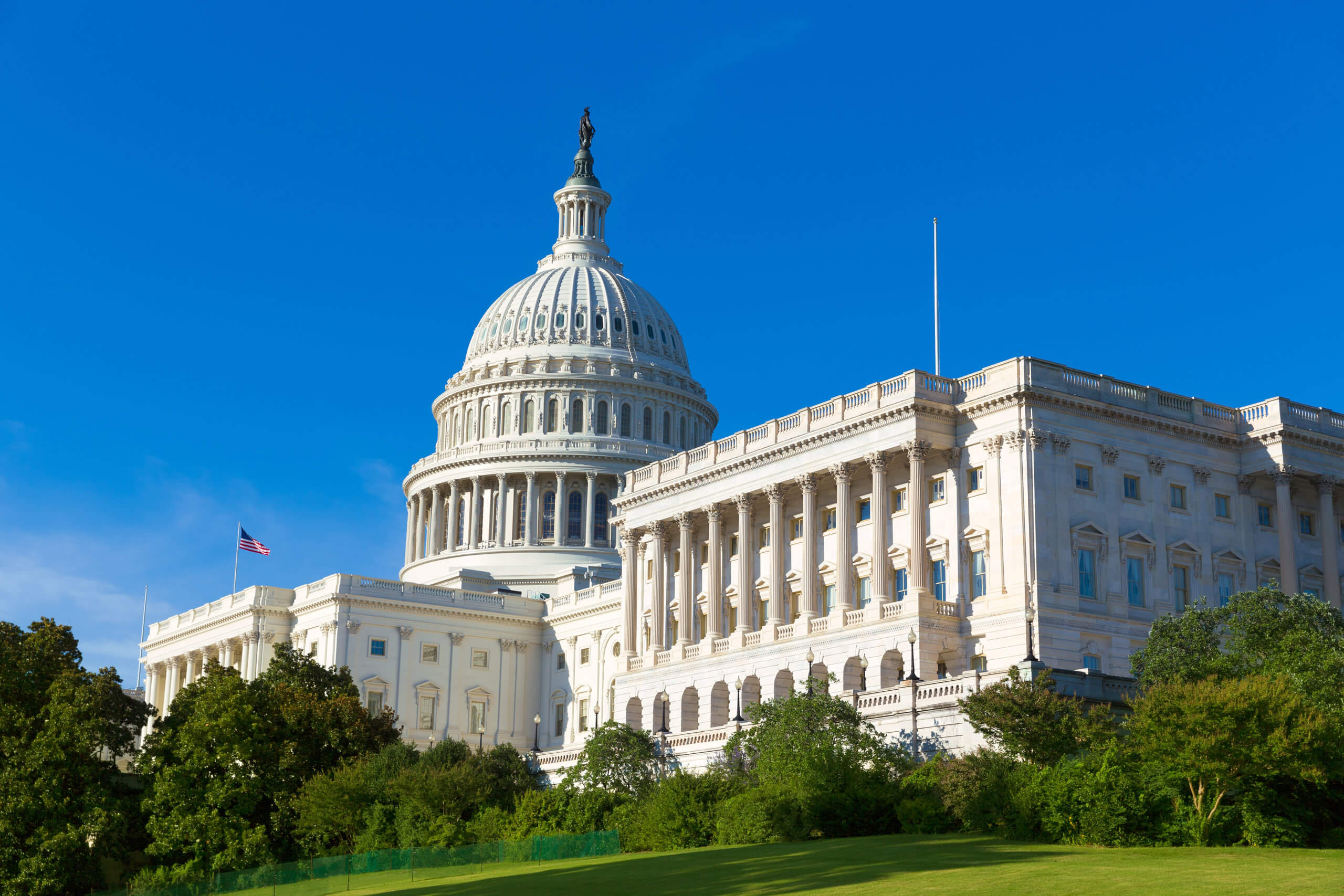
Described as “comprehensive climate legislation,” the Climate Leadership and Environmental Action for our Nation’s (CLEAN) Future Act oversteps to include provisions for “the United States [to act] aggressively to tackle the climate crisis this decade and achieve net-zero greenhouse gas pollution.” The plastics industry welcomes efforts to address climate change and has pursued meaningful partnerships on bi-partisan legislation such as Save Our Seas 2.0 Act. However, the bill as written ignores and would curtail ongoing efforts by the plastics industry to address plastic waste through advanced recycling, and create a sustainable circular economy for recycled and reusable durable plastic goods
Here’s what you need to know about the CLEAN Future Act and what is at stake if the bill is passed in present form:
Plastics manufacturing is the 3rd largest manufacturing industry and supports 1.7 million jobs in the United States. In 2017 alone, the U.S. plastics industry accounted for $432.3 billion in shipments. Yet, the CLEAN Future Act calls for the Environmental Protection Agency (EPA) to enforce “a temporary pause on new permits for facilities that produce plastics,” including those that supply raw materials used in plastic production: Ethylene, propylene, polyethylene, and polypropylene. The temporary freeze on new permits would only be lifted after directives set out in The CLEAN Future Act are promulgated as regulations by the EPA, a process that could take up to 18 months. This delay could place an indefinite mortarium on new plastics facilities, threatening billions in planned investment and countless new American jobs at a time when the pandemic has already pushed American unemployment to record highs, with a recovery to pre-pandemic employment numbers not expected in this decade .
By harnessing the power of chemistry and innovation, advanced recycling technology makes it possible for plastics to be 100% recyclable and is the most promising innovation to address the over 300 million tons of plastic waste generated every year. Advanced recycling transforms post-consumer plastics into the raw material for new products, including fuels, waxes, and entirely new valuable products. However, if enacted as written the CLEAN Future Act would pause new permits for advanced recycling facilities.
Investments by the private sector in recycling technology over the past three years have reached over $5 billion and a study by McKinsey & co. estimated the economic value of recycling and recovery of just plastic foodservice and packaging could be as much as $4 billion annually. The study also addressed the need to increase the market for recycled products as a precursor to creating sustainable demand.
Furthermore research into the economic potential of a circular economy predicts “demand for recycled plastics could reach 7.5 million metric tons by 2030 and potential revenue of $120 billion in the U.S. and Canada.” Advanced recycling must be part of any solution to address the problem of plastic waste in the environment. Plastics enumerable benefits to society and its advantage as a material that can manufactured, used and recycled with less energy than other materials makes it the ideal solution for a sustainable solution that can be used and reused indefinitely. The CLEAN Future Act could jeopardize this promising economic opportunity.
Partnerships like the Alliance to End Plastic Waste, the Advanced Recycling Alliance for Plastics (ARAP), projects such as Materials Recovery for the Future (MRFF), New End Market Opportunities (NEMO), and Recover More Plastic are critical to addressing plastic waste and the opportunity to do so through advanced recycling and further investment in innovation can’t be understated. The way forward is not through restrictive legislation that curbs progress, but with meaningful, bipartisan partnership between government, industry, and communities that solves problems instead of creating them.
The CLEAN Future Act is not the solution we need. Any legislation that fails to address the role of plastics as driver of domestic manufacturing growth and high paying American jobs will push us further away, not closer to solution to climate change and ending plastic waste.